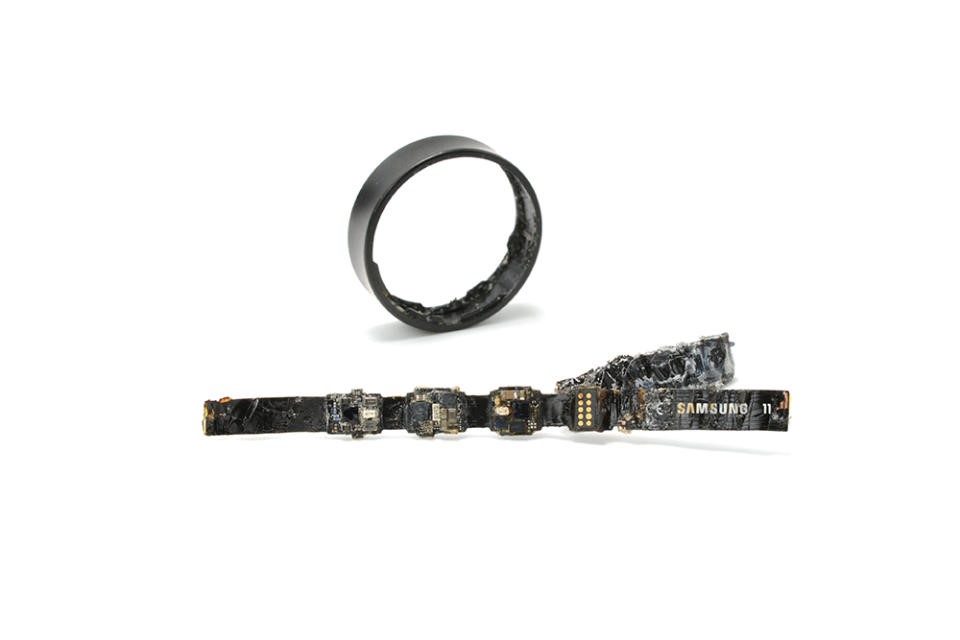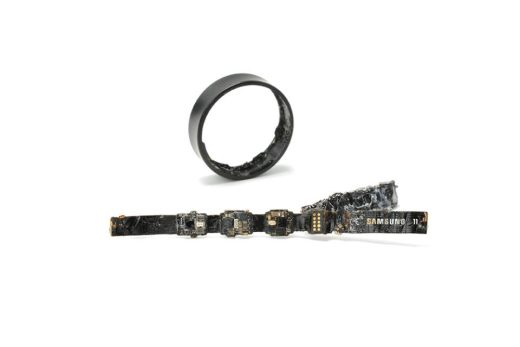iFixit put the landfill-bound Samsung Galaxy Ring through a CT scanner
iFixit put the landfill-bound Samsung Galaxy Ring through a CT scanner
Weirdly, Samsung used a press connector for the battery.

iFixit took apart Samsung’s Galaxy Ring, scrutinized its components and wrote its findings, which could make you think twice about buying the device. It warned that the Galaxy Ring is “100 percent disposable” which is to say: once the battery died, the whole thing becomes junk. It “isn’t designed to last more than two years,” iFixit warned.
To be fair the website did say that “all smart rings like it” are disposable, because they can’t be non-destructively opened. It explained that lithium ion batteries “have a shelf life,” and while they could be replaced on other devices, it’s not possible to dismantle a smart ring to do that without wrecking the device completely. If the battery dies in the ring, you’ll have to throw it away.
The website also put the Galaxy Ring through a CT scanner found that Samsung used a press connector to attach the battery to a circuit board. A press connector, as its name implies, connects components inside a device without solder. iFixit said it typically loves press connectors, because they make replacing individual parts easier. However, the one inside the Galaxy Ring is apparently sealed and doesn’t make the device repairable. It said that the company most likely used a connector instead of soldering the components for its own benefit, because the parts came from different production facilities.
We gave the Galaxy Ring a score of 80 in our review; we found it basic and expensive at $400 — $100 more than its competitor, the Oura Ring. That said, Oura charges $6 a month to use its software, which does add up over time.
(5)


